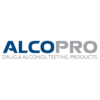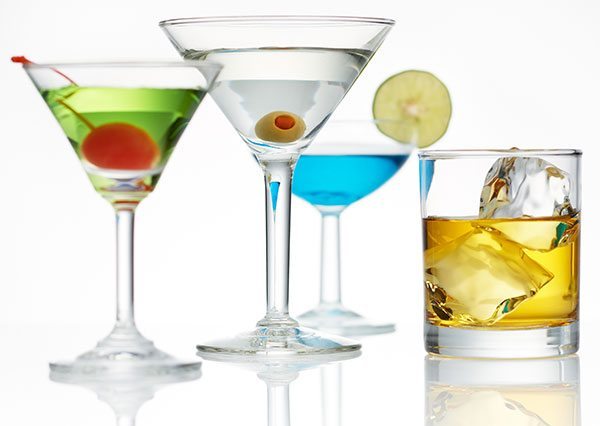What are DOT Violations for Alcohol Testing?
Companies required to perform DOT alcohol testing on their safety-sensitive employees must have a substance abuse policy and that substance abuse policy must list, at a minimum, the DOT violations for alcohol testing. But what are the minimum DOT violations for alcohol testing?
The DOT regulations apply to employees who perform safety sensitive duties where the performance and safety of employees on the job could be affected by alcohol use. Because it is not illegal to use alcohol while not on the job, the alcohol prohibitions do not apply to the off-duty use of alcohol after work, on weekends, or vacation. The prohibitions specifically apply to alcohol use by the employee as it relates to performing their job duties.
Agency Specific Regulations
The prohibited conduct for alcohol use is found in the regulations for each DOT agency. The FAA, FMCSA, FTA, PHMSA, FRA and USCG alcohol use violations are almost identical for each agency. The agency regulations differ slightly, however, when it comes to the consequences of an alcohol level of .020 – .039.
Violation and Prohibited Conduct: Alcohol Level of .020 and .04
The regulations make a distinction between a rule violation and prohibited conduct. An alcohol level of .040 or greater is a rule violation for every DOT agency. A positive confirmation test of .040 or greater requires the employee to be removed from safety-sensitive duties, undergo an evaluation and treatment from a Substance Abuse Professional, pass a return-to-duty test, and pass a series of follow-up tests upon returning to the workplace.
A positive confirmation test of .020 to .039 is called “prohibited conduct” but is not technically a rule violation. The Employer is still required to remove the employee from their safety-sensitive duties for a period of time as dictated by the regulations for that DOT agency (8 hours for agencies other than FMCSA, which requires a 24 hour waiting period). No other consequence is required by DOT, although a company policy may have additional consequences.
Using Alcohol On or Before the Job
Employees may not use alcohol while on the job. The prohibition of alcohol use on the job includes medications that might contain alcohol, even if prescribed by a physician. For all agencies other than the FAA, employees may not use alcohol for a four hour period prior to reporting to duty. FAA regulations require an eight hour period of no drinking prior to working.
Post-Accident Testing
Employees may not use alcohol within eight hours after an accident, or until they have been tested for alcohol. This rule allows the company to determine if the employee was intoxicated at the time of the accident. If an employee is allowed to drink alcohol after an accident there is no certain way to establish if the employee was intoxicated at the time of the accident.
Refusing the Test
Another obvious prohibition or DOT rule violation deals with an employee who refuses to take an alcohol test. As you recall from your breath alcohol technician training a refusal to submit to an alcohol test is considered a Refusal to Test, the consequences of which are the same as a positive alcohol confirmation test of .040 or greater.
It is important to note that a company’s policy must include the DOT prohibitions and at the very least the minimum consequences for violating any of the rules that we just listed. These minimum consequences apply only if the company chooses to put the employee back to work. A company’s substance abuse policy may choose to invoke more stringent consequences such as job termination.

